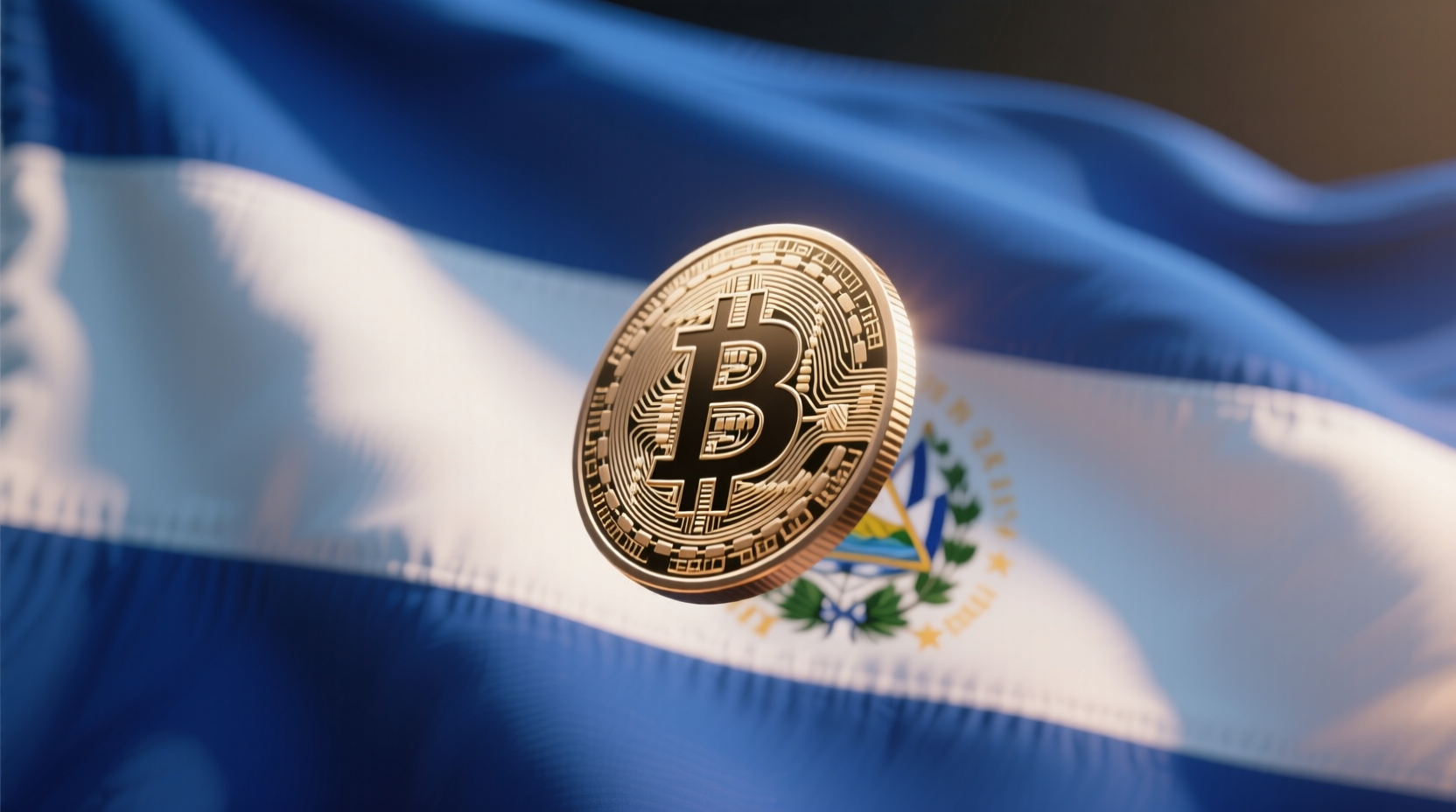El Salvador has transferred its 6,274 Bitcoin (BTC) from a single address into 14 separate wallets, a restructuring effort designed to improve security and safeguard the long-term custody of the country’s national Bitcoin reserve.
Key points:
- El Salvador split its 6,274 BTC across 14 wallеts, capping each at 500 BTC, to reduce potential quantum-related risks.
- The move balances enhanced security with transparency, using a public dashboard to track multiple addresses and avoid key exposure.
- Shibarium and the broader crypto community can take cues from this approach, emphasizing layered security, careful custody, and ongoing audits.
El Salvador’s National Bitcoin Office (ONBTC) said the government’s recent restructuring оf its Bitcoin reserves reflects industry best practices for digital asset management and anticipates future advances in quantum computing that could affect wallet security.
“By splitting funds into smaller amounts, the impact of a potential quantum attack is minimized,” the Bitcoin Office clarified. El Salvador’s Bitcoin Office explained that the country’s Bitcoin reserve is being divided across multiple wallets, each capped at 500 BTC. The approach is designed to limit exposure to quantum-related risks, since unused addresses with only hashed public keys remain secure, whereas spent addresses reveal public keys that could be more susceptible to future vulnerabilities.
Related: Industry Celebrates the New $70M Domain Mogul But His Crypto Shadows Linger
The ONBTC noted that El Salvador had previously relied on a single Bitcoin address to maintain transparency, a practice that repeatedly exposed public keys and left them open to potential quantum-based attacks. With the introduction of a new public dashboard capable of tracking multiple wallets, officials say the country can preserve transparency while avoiding addrеss reuse, thereby strengthening the overall security of its reserve.
El Salvador’s updated Bitcoin strategy pairs enhanced security measures with transparency, using multiple addresses and capping the amount held in each wallet to reduce quantum-related risks. The country also maintains openness by publicly listing all reserve addresses. While still largely theoretical, quantum computers could one day exploit Shor’s algorithm to compromise traditional public-private key cryptography.
Crypto Security and El Salvador Bitcoin Move
El Salvador’s move to split its Bitcoin across multiple wallets spotlights a growing focus on security and forward-looking strategies in crypto. For Shibarium, it’s a useful example of how digital eсosystems сan consider layered security measures, cautious custody practices, and diversified holdings across wallets and bridges.
While quantum computing isn’t an immediate concern, Shibarium and the broader community takes cues from this approach, prioritizing ongoing audits, thoughtful management of assets like SHIB and BONE, and maintaining transparency. Initiatives like these can support long-term resilience and help strengthen confidence in the ecosystem as technology and best practices continue to evolve.
Related: Crypto Titans Bunker Down Now: Vitalik’s Austerity Vow, Binance $1B Bitcoin Shield
For the Shib Army, this is a reminder to remain vigilant. Ensuring personal wallet security, avoiding address reuse for large transactions, and staying informed about emerging technologies are key steps to protect holdings in an ecosystem where both innovation and risk move fast.












